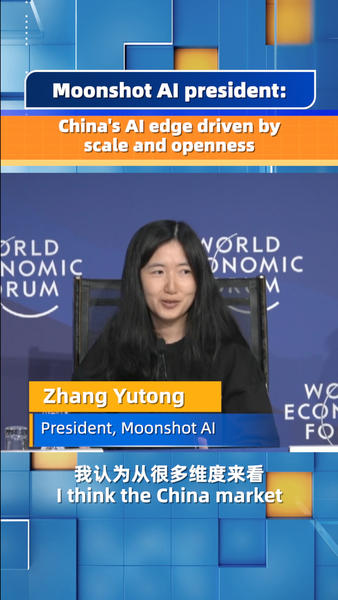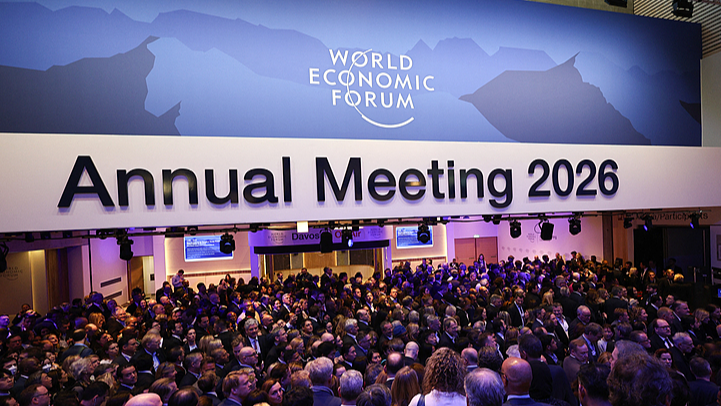The European Commission's recent proposal to slap hefty tariffs on electric vehicles (EVs) imported from China has sparked a wave of opposition from political leaders and businesses across Europe. The proposed duties, ranging from 17.4% to 38.1%, aim to protect the European EV industry but have been met with criticism for potentially igniting a trade war and stifling competition.
Hungary's Minister for National Economy, Marton Nagy, didn't mince words, calling the move \"overly protectionist.\" He stressed that \"Protectionism is not the solution,\" emphasizing that such measures would unfairly discriminate against Chinese manufacturers and disrupt vital market competition within the European Union.
Over in Germany, the sentiment is much the same. Volker Wissing, Germany's Federal Minister for Digital and Transport, took to social media platform X (formerly Twitter) to voice his concerns. \"Vehicles must become cheaper through more competition, open markets, and significantly better location conditions in the EU, not through trade wars and market isolation,\" he said.
Industry leaders are also speaking out. Hildegard Müller, President of the German Association of the Automotive Industry, warned that the EU's high additional tariffs could derail global cooperation efforts. \"The negative effects of this decision outweigh any benefits for the European—and especially the German—automotive industry,\" she told Xinhua.
BMW CEO Oliver Zipse chimed in, labeling the Commission's plan as \"the wrong way to go.\" He cautioned that \"Protectionism risks starting a spiral: Tariffs lead to new tariffs, to isolation rather than cooperation.\"
Major carmakers like Mercedes-Benz and Volkswagen are echoing these concerns. Volkswagen outright rejected the planned tariffs, stating that they favor \"fair competition and free world trade.\"
Sweden's government is seeking alternatives to tariffs. Johan Forssell, Sweden's Minister for International Development Cooperation and Foreign Trade, questioned whether the European Commission has exhausted other options. \"We are generally skeptical of tariffs. Someone has to pay them, and in this case, it will sooner or later be the consumers,\" Forssell told Swedish news agency TT.
Global automotive giant Stellantis is advocating for free and fair competition, opposing measures that could lead to \"the fragmentation of the world.\" The company expressed confidence in competing with Chinese products, highlighting its affordable EVs and partnership with Chinese electric carmaker Leapmotor.
Others are pointing out the potential impact on consumers. Hrvoje Prpić, President of the Croatian Electric Vehicle Drivers Association, believes that high tariffs won't help European industry keep pace with Chinese manufacturers. \"The end users in Europe would front the increased cost,\" he said.
Pavol Antalíc, Chairman of the Slovak-Chinese Joint Business Council, emphasized the importance of open business practices. \"Businesses must be open, and tariffs are not beneficial for business exchanges,\" he remarked, praising China's advancements in electric car technology and noting local interest in Chinese EVs.
Not all countries are on board with the EU's plan. Norway, not an EU member, has decided not to follow suit. Finance Minister Trygve Slagsvold Vedum announced, \"Introducing tariffs on Chinese cars is neither relevant nor desirable for this government.\"
As the debate heats up, the main takeaway seems clear: many European leaders and businesses are advocating for cooperation over confrontation. With the global push towards electrification and tackling climate change, collaboration could be the key to driving the industry forward. 🌍🔌
Reference(s):
European political, business leaders oppose Commission's plan
cgtn.com




